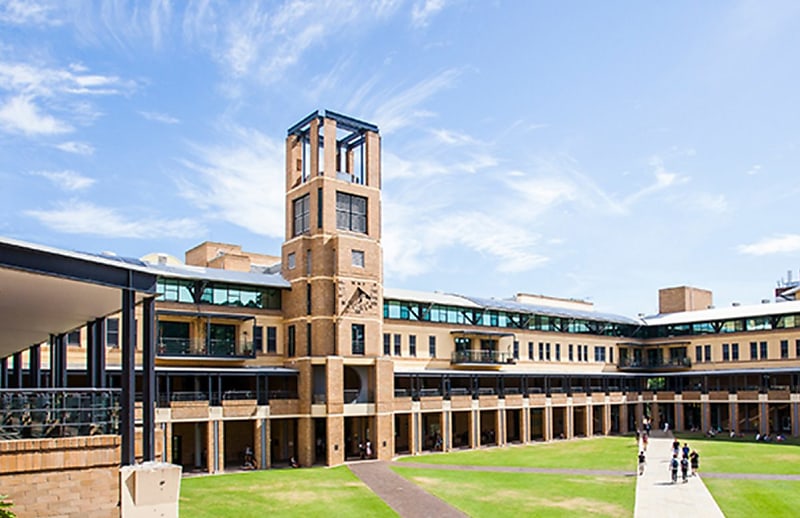You’re out of free articles for this month
The study said tax problems, such as overdue returns and debt, were “substantially correlated” with economic abuse as perpetrators tended to control finances, failed to contribute to expenses, appropriated income or assets and made the other partner liable for joint debt.
The element of “coercive control” in economic abuse also made it a form of family and domestic violence, defined as “any behaviour, in an intimate or family relationship, which is violent, threatening, coercive or controlling”, it said.
Associate professor Ann Kayis-Kumar said victims were more likely to seek help for tax problems than for family and domestic abuse.
“What was most worrying was that, despite knowing that they were experiencing domestic and family violence, very few were seeking support,” she said. “Even fewer opted to be referred to a support service by the clinic. This highlights the complicated and insidious nature of economic abuse.”
Women who experienced economic abuse often viewed it as “less serious” and were less likely to seek assistance from specialist support services unless other physical and sexual abuse also occurred, the paper said.
“There is a substantial unmet need for specialist support services among this cohort, Ms Kayis-Kumar said.
The study found family violence affected financially vulnerable women of all ages and backgrounds, at a much higher rate compared to the national average of 27 per cent.
Three in five tax clinic clients aged between 24 and 82 who reported family violence were born in Australia while 11 per cent identified as Indigenous. The majority (70 per cent) also experienced mental health issues and 27 per cent had a physical disability.
Over two-thirds owned a small business, 78 per cent received Centrelink benefits and 14 per cent were engaged in tax debt discussions with the ATO.
The paper concluded the government should use the tax system to identify and support women experiencing economic abuse and family violence.
It said policymakers should consider giving the ATO the ability to give tax relief on the grounds of economic abuse, similar to the “innocent spouse relief” powers of the Internal Revenue Service in the US.
Pro bono tax clinics should also be expanded to help marginalised cohorts.
“Given the likelihood of widespread need, there is an urgent need to expand access to free tax clinics for victim-survivors of economic abuse, with a particular emphasis on marginalised cohorts,” it said.
Additionally, public awareness programs including ATO workshops, seminars and online resources could be used to educate women on the “nuances of coercive control within the tax system”.
“Governments and policymakers are increasingly aware of the need to provide legislative and regulatory protections for women experiencing coercive control. However, the tax system is notably absent from the policy development and resulting law design, presenting a potential gap in addressing coercive control comprehensively,” it said.

 Login
Login







